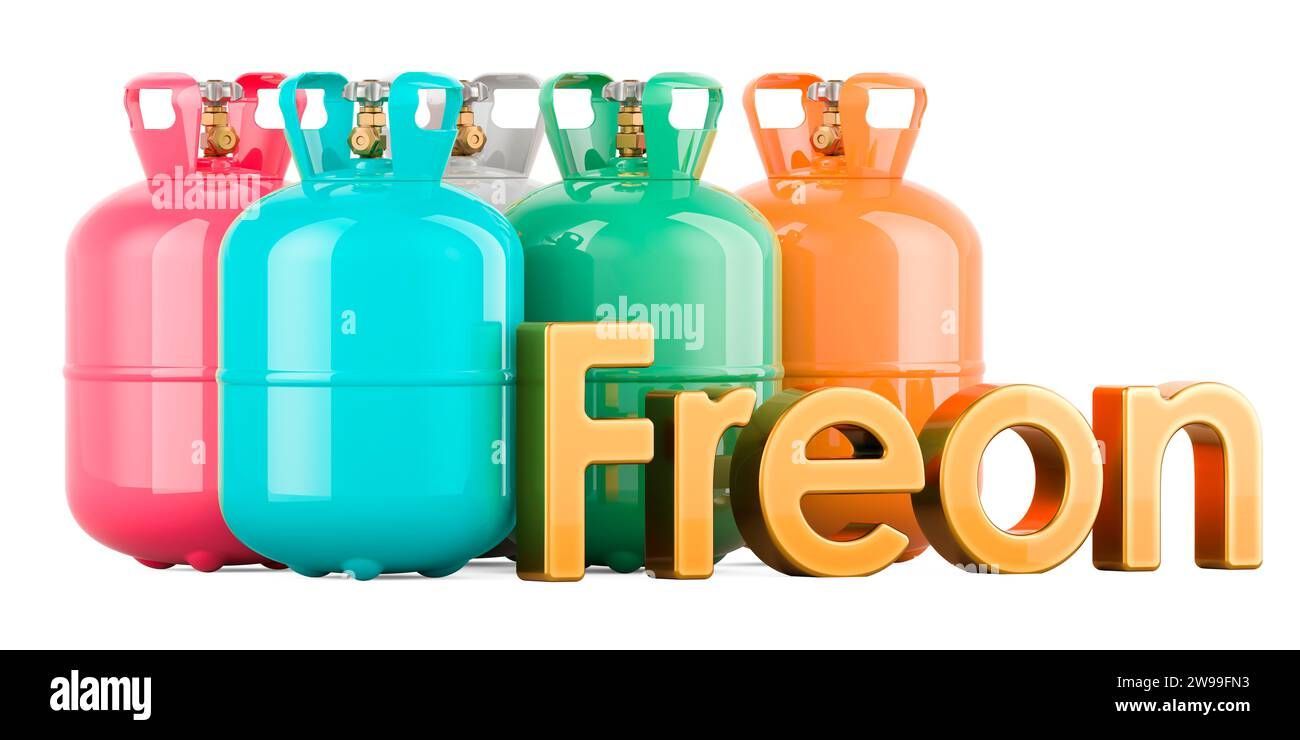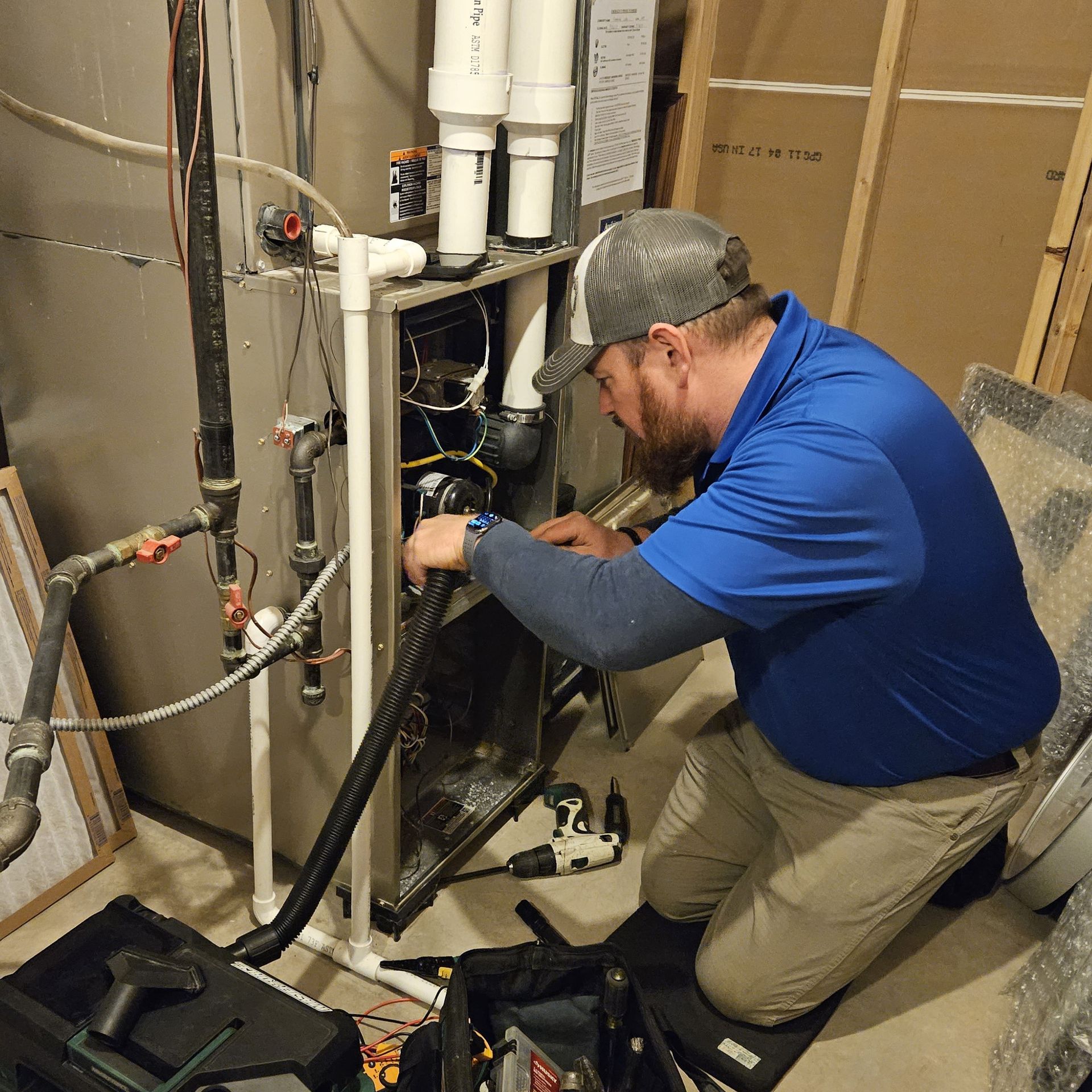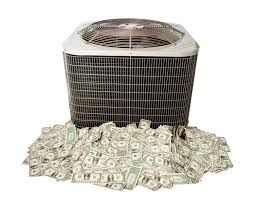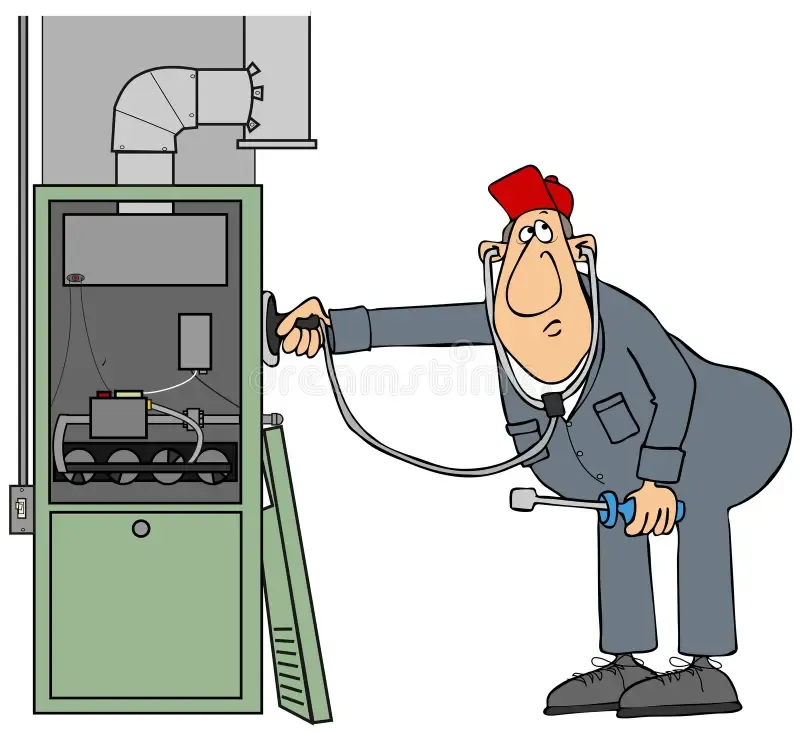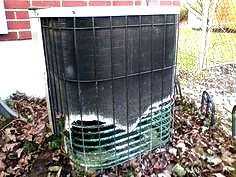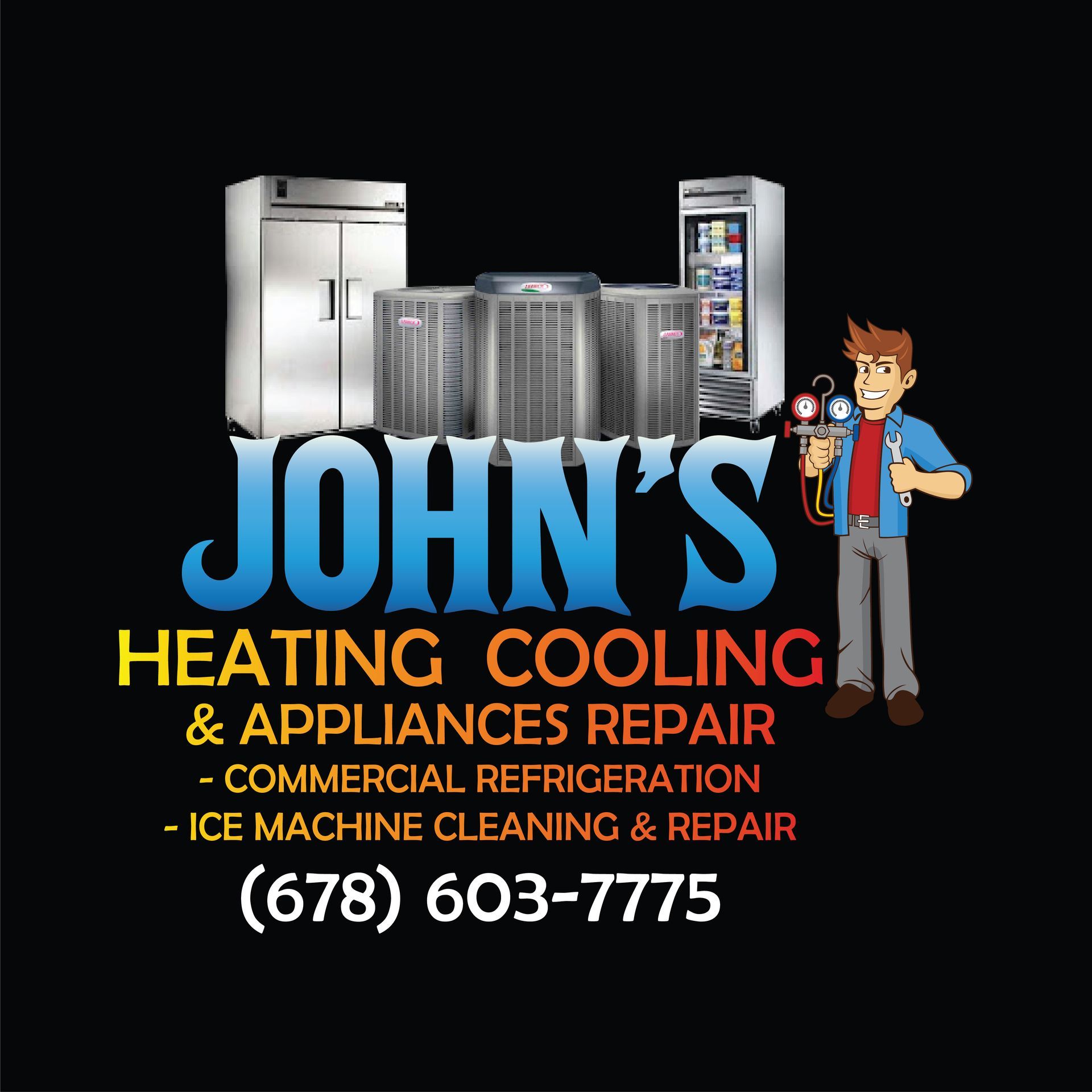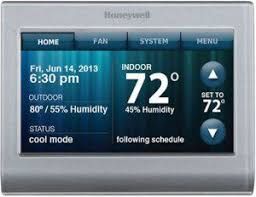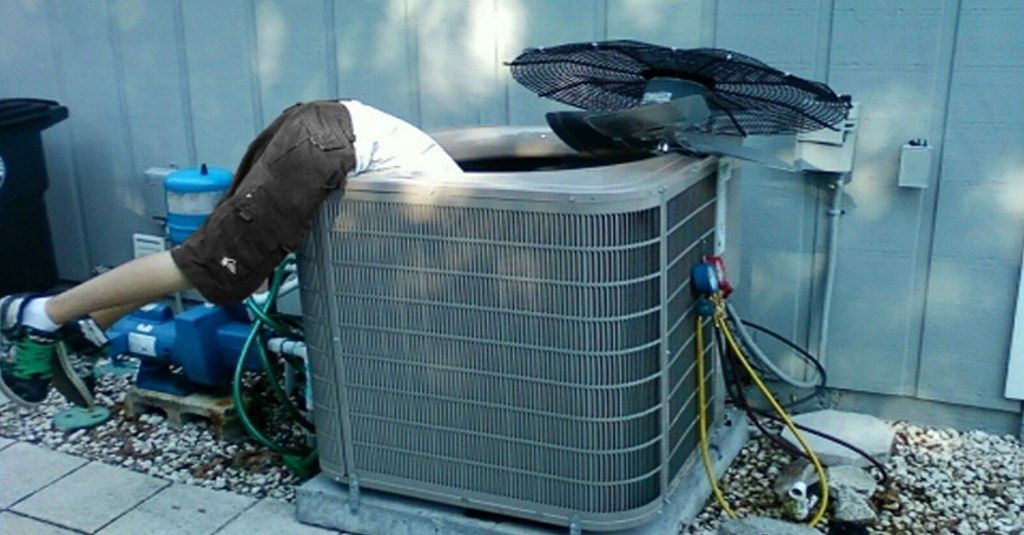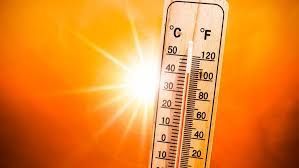Is Your Furnace Making Strange Noise At Night?
7 Reasons Your Furnace Is Making Noise
It’s normal for a furnace to make low-level sounds while it runs — like a soft hum, gentle whoosh, or faint click at startup. But if your system begins making loud, unfamiliar, or sudden noises, that’s a sign that something may be wrong. A healthy furnace shouldn’t sound alarming, and ignoring strange noises can lead to bigger problems down the road.
Below are seven common causes of furnace noises and what each one might mean.
1. Faulty or Failing Blower Motor
A squealing, screeching, or whistling sound often points to a problem with the blower motor — the part that circulates warm air through your ducts. When bearings begin to wear out or become dry, they can make high-pitched noises. Reduced airflow caused by dirty air filters, blocked vents, or debris in the ductwork can also strain the motor, leading to unusual sounds. If you notice reduced airflow or whistling from your vents, change your filter and open all registers. Persistent noise indicates that the blower motor may require professional inspection or replacement.
2. Dirty or Clogged Burners
If you hear a loud bang when your furnace starts, dirty burners could be to blame. When dust or debris accumulates, gas can pool before ignition, causing a small “explosion” once it finally ignites. This issue is more than just noisy — it can cause the heat exchanger to crack over time. Regular maintenance and cleaning prevent delayed ignition and keep the burner flame burning clean and steady. A professional technician should inspect the burners annually to keep your system safe and quiet.
3. Cracked or Damaged Heat Exchanger
The
heat exchanger transfers heat from combustion gases to the air inside your home. If you hear rattling, clanking, or metallic noises even after tightening loose panels, the heat exchanger could be cracked.
A cracked heat exchanger can release
carbon monoxide, an odorless and deadly gas. Restricted airflow — often from dirty filters or coils — is a common cause of cracks. If you suspect this problem,
turn off your furnace immediately and call a licensed HVAC company for a safety inspection.
4. Loose or Vibrating Components
Over time, the constant vibration of a furnace can loosen screws, panels, or duct connections. This can lead to rattling, clanging, or vibrating sounds during operation. Routine tune-ups help technicians tighten and lubricate moving parts before they become noisy or cause wear and tear. Proper installation also prevents premature vibration issues.
5. Ignition System Issues
A steady clicking noise that continues without ignition could indicate a faulty ignition system. Common culprits include a weak flame sensor, a malfunctioning pilot light, or a defective ignition board. Without reliable ignition, gas cannot ignite properly, leading to repeated clicking and potential safety risks. Have an HVAC technician inspect the ignition system and ensure proper gas flow and spark performance.
6. Worn or Damaged Blower Wheel
If you hear a
metal-on-metal or clanking noise, the blower wheel may have come loose from the motor shaft or have damaged blades. As it spins, it can hit the blower housing, producing a rhythmic banging sound.
Continuing to run your furnace in this condition can cause further damage. Turn the system off and schedule a repair. In many cases, the wheel can be re-secured; in severe cases, replacement may be necessary.
7. Electrical Malfunctions
A loud humming or buzzing sound can come from electrical components such as the transformer, blower motor, capacitor, or inducer motor. While a faint hum is normal, excessive buzzing may indicate voltage issues or failing components. Because electrical repairs can be hazardous, it’s best to let a professional HVAC technician handle the diagnosis.
When to Call for Help
Unusual furnace noises are your system’s way of asking for attention. The sooner you have them checked, the better your chances of avoiding expensive repairs or complete system failure. If you’re in
Fayetteville, Peachtree City, Newnan, Sharpsburg, Senoia, Griffin, or anywhere in South Metro Atlanta, the experts at
John’s Heating, Cooling, and Appliance Repair are ready to help.
With 28+ years of experience, BBB accreditation, and 24/7 emergency service, we’ll diagnose and repair furnace noise problems quickly and professionally.
📞 Call (678) 603-7775 or visit our website to schedule your furnace service today.
